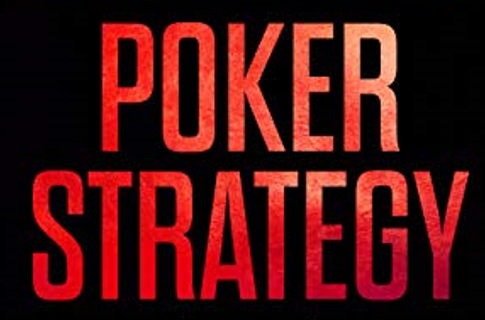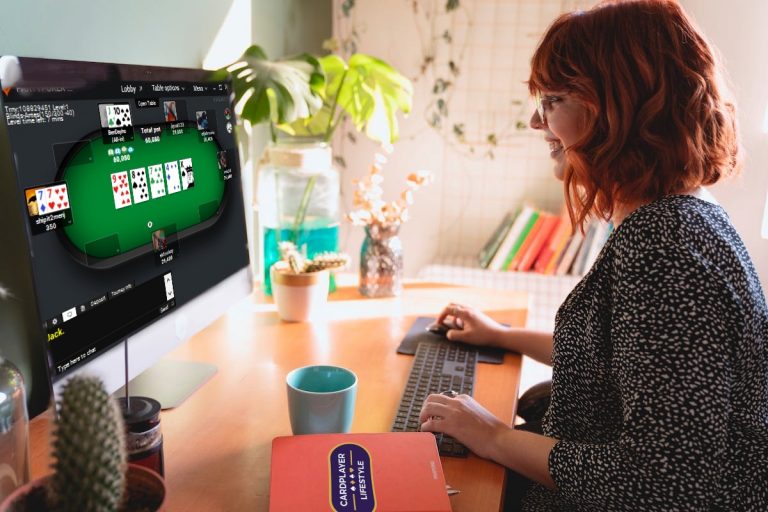When you sit at a poker table, the idea of “random luck” might dominate casual conversation; yet, modern professionals increasingly treat the game as a test of cognitive skill. Research demonstrates that long-term outcomes in online poker are far more influenced by skill than chance. Experienced players tend to remain ahead over time, showing that poker is a game of learned patterns, anticipation and mental control. For instance, a 2024 study by UCLA found that skill accounts for 56.2% of the expected profit in Texas Hold’em, compared to 43.8% for luck.
What emerges is a complex interplay of working memory, probabilistic reasoning, attention and emotional regulation, all of which must operate seamlessly under pressure. One of the foundational cognitive elements is working memory: the ability to hold and manipulate information while suppressing distractions. Commonly, players who excel tend to display superior working memory and cognitive flexibility, enabling them to track multiple threads of information simultaneously, from pot size to stack dynamics and player tendencies.
Probabilistic thinking forms another core component of strategic choice, where deviations in how players perceive and act on probabilities significantly affect decision-making, particularly in high-stakes settings. Here, your brain is constantly weighing risk, anticipating opponents and balancing fast intuition with careful deliberation, making each session a mental workout of remarkable complexity.

Learning the language of reads, patterns and strategy
Mastery at poker requires a deep understanding of patterns, equally in betting behavior and in opponent tendencies. Here, observing timing cues, noting how different players react to specific situations and recognizing repeated sequences forms the basis of a winning strategy. Thus, practising playing poker becomes about consciously building cognitive templates that allow you to interpret opponent behavior quickly and accurately.
Intentional practice strengthens attention, memory and problem-solving skills, allowing you to automate certain mental processes during the heat of competition. What you are doing in these moments is creating a mental library of scenarios, enabling you to recognize similar patterns in real time. Over time, you become adept at spotting the subtle signs that distinguish cautious players from aggressive ones or understanding when a bluff has a high probability of success. The mental work here is often invisible but essential, transforming hours of practice into instinctive judgment that feels almost second nature at the table.
Emotional regulation and decision-making under pressure
Even the most refined strategic framework will falter if emotional regulation breaks down. In poker, tilt (the state in which frustration or prior losses hijack rational judgment) is a familiar challenge, where players who lose control of their emotions tend to make poor decisions and take unnecessary risks. Elite players, therefore, develop routines to maintain focus and calm; pre-session rituals, goal setting for attention and discipline and micro-resets after each hand help maintain a steady mental state.
Overarchingly, emotional awareness becomes as critical as calculating odds: when mental bandwidth is taxed by stress or fatigue, instinctive reactions can override careful analysis, often leading to costly mistakes. Learning to recognize these internal signals and taking corrective action (pausing, shifting focus or adjusting your play style) creates a mental buffer against impulsive decisions. Ergo, the ability to manage cognitive load while maintaining strategic clarity separates average players from professionals, allowing you to navigate high-pressure moments without losing your composure or judgment.
Strategic flexibility and the imperfect-information terrain
Poker differs from games like chess because of its imperfect-information nature; you cannot see your opponents’ cards, only your own and the shared community cards. Success depends on adaptive thinking: your ability to adjust strategy as information unfolds. Even small changes in table dynamics or player behavior require immediate recalibration. Artificial intelligence experiments, such as the Pluribus system, have highlighted the importance of exploiting imbalances and adapting to opponents’ tendencies, reinforcing that flexibility is as vital as technical skill.
For you, this means developing mental agility to shift styles, alter bet sizes and adjust bluffing frequency based on evolving information. Cognitive modeling becomes essential; you continuously update your understanding of the table, tracking which players are active, how stack sizes change and which behaviors indicate potential strength or weakness. Ultimately, strategic flexibility allows you to seize opportunities while minimizing risk, keeping your approach unpredictable and highly effective.
Long-term growth: discipline, reflection and the tilt-proof mind
Sustained success in modern poker rarely comes from luck alone, and improvement relies on deliberate practice, structured reflection and disciplined study. Here, matching study sessions with play allows you to analyze key hands, identify errors and reinforce winning strategies. Reflection strengthens growth: reviewing hands you lost, evaluating hands you won but could have played differently and observing hands you folded that would have succeeded builds a robust mental database.
This iterative process refines heuristics and removes recurring mistakes. Over time, you develop a tilt-proof mind, and one that recognizes fatigue, emotional drift or diminished focus and adapts by taking a break, switching tables or recalibrating your mindset. Neuroscience shows that when cognitive resources are taxed, biased or default behaviors take over; structured reflection and conscious adjustment protect against this.
Ultimately, reading between the cards extends beyond recognizing tells or calculating pot odds; it involves creating a cognitive ecosystem where memory, attention, emotional regulation, pattern recognition and strategic adaptation work together. Every decision reflects accumulated knowledge, mental discipline and adaptive thinking, transforming poker from a game of chance into a contest of the mind. For aficionados, embracing this complexity reveals that modern poker success stems from mastering the machinery of your own cognition.







